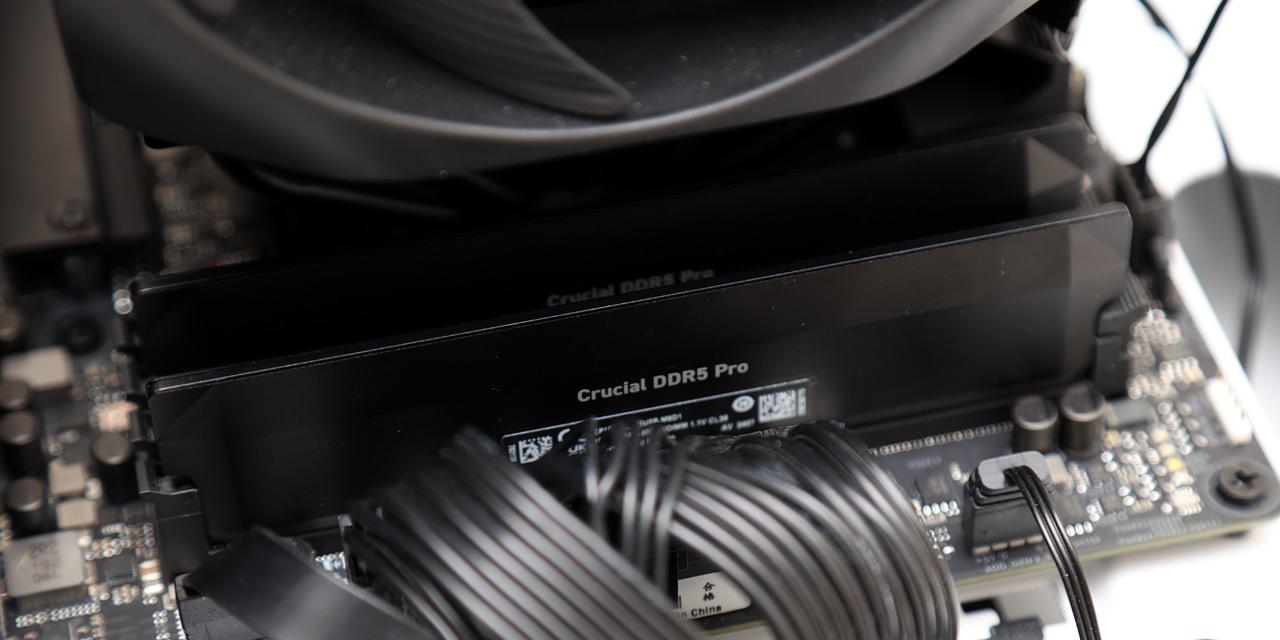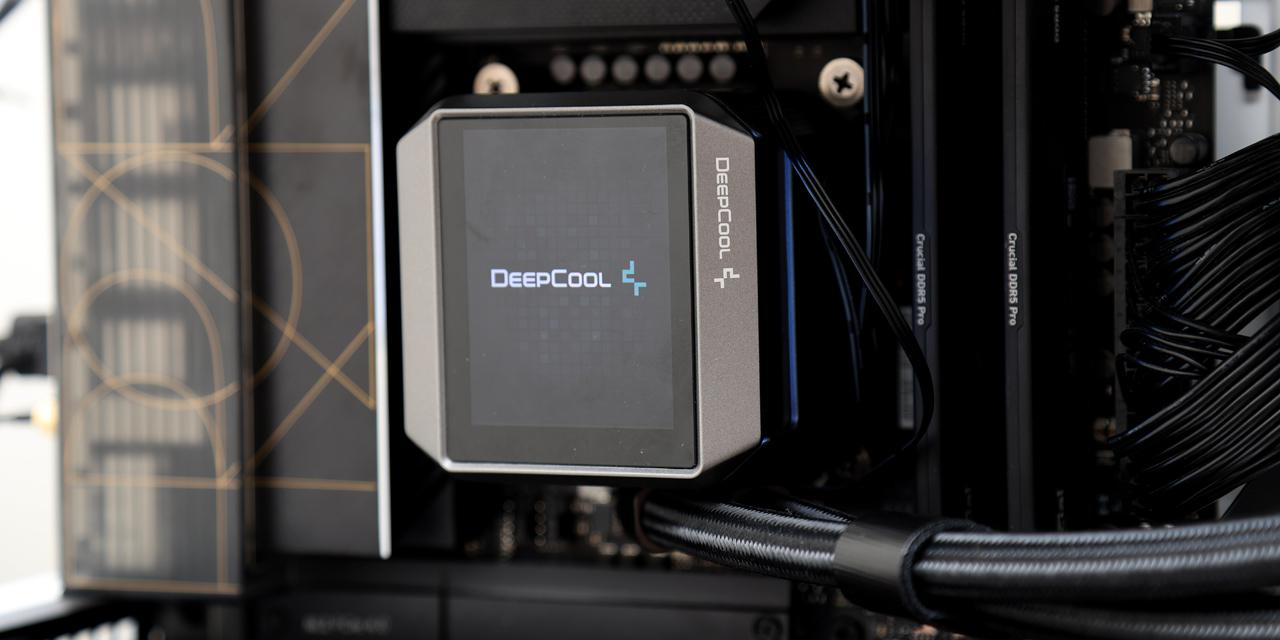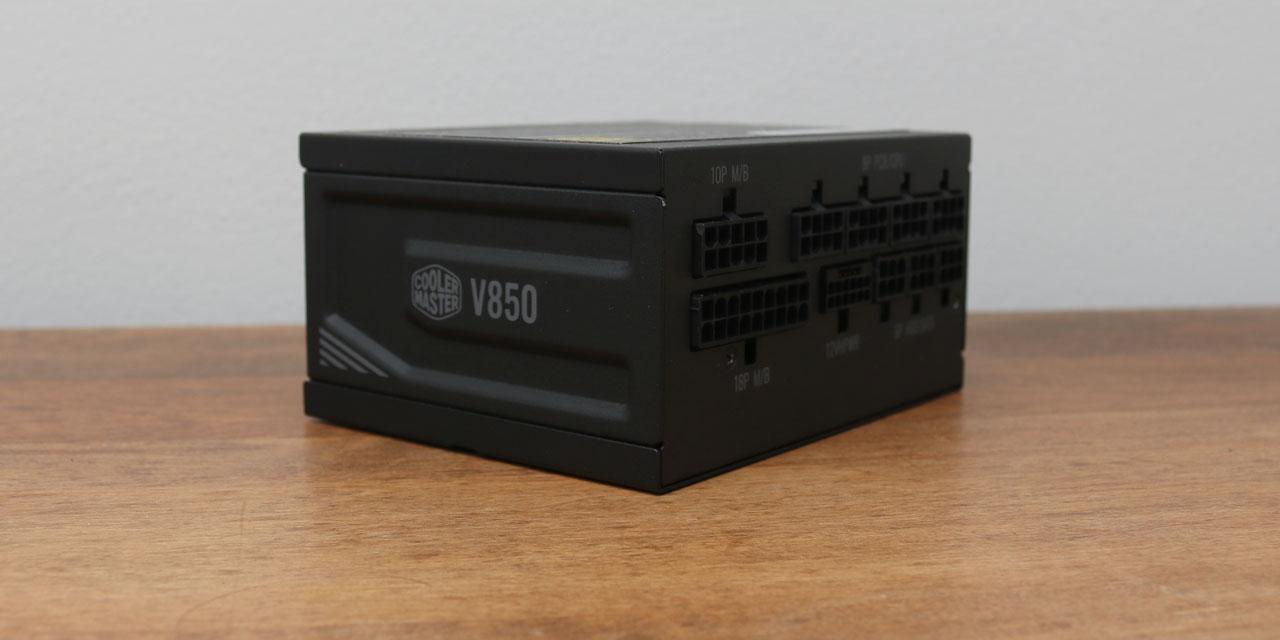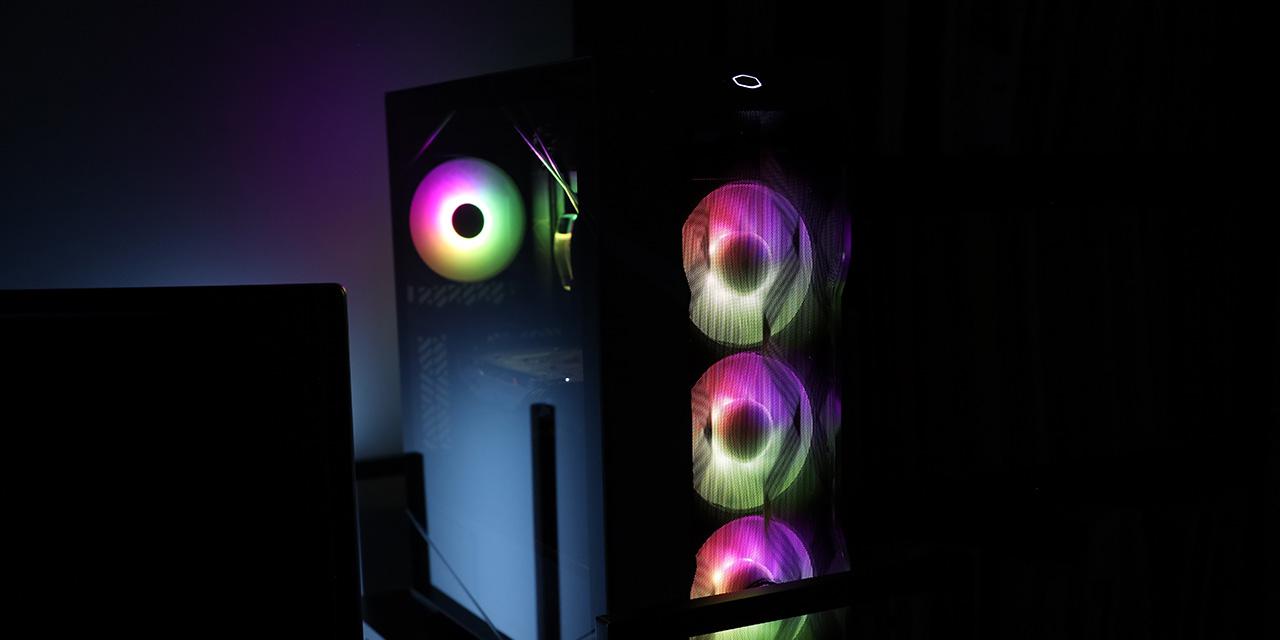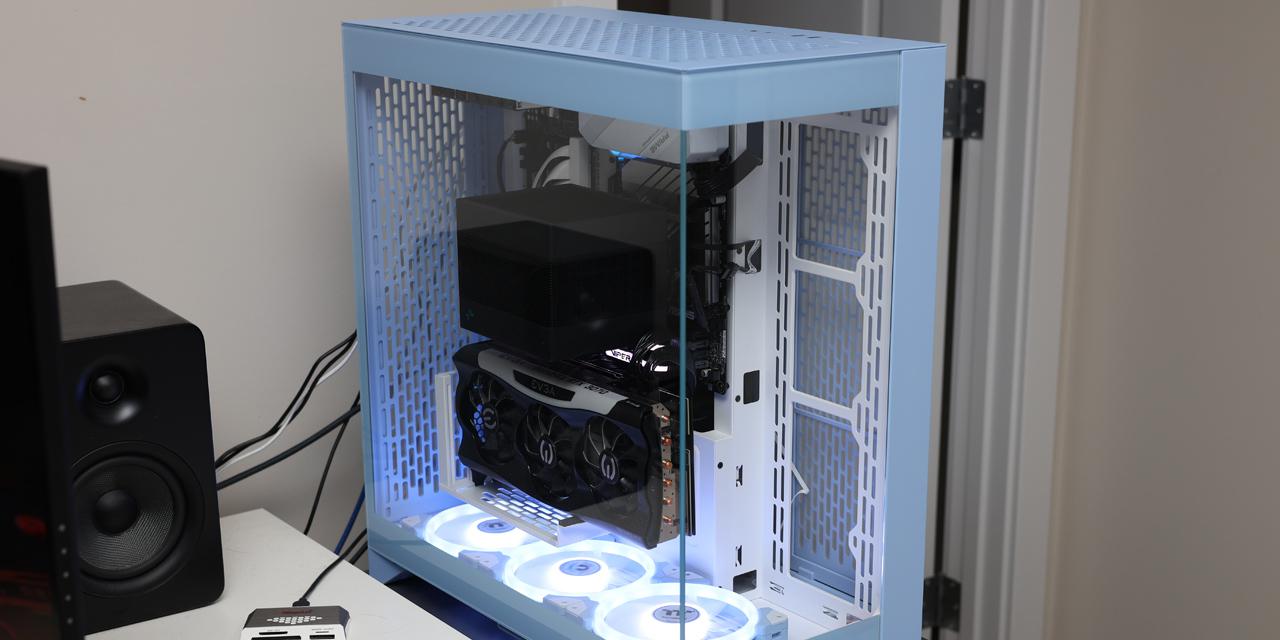|
From X-bit Labs: In a bid to enable even slimmer notebooks (ultrabooks) and business-oriented tablets, Intel Corp. will release Core i-series and Pentium-series “Ivy Bridge” processors with thermal design power of just 10W or 13W. Makers of actual computers will be able to further limit maximum heat dissipation to improve user experience with their products. Intel plans to reveal a family of Core i3, i5, i7 and Pentium processors based on dual-core Ivy Bridge design with 13W and 10W TDP in the first quarter of 2013, according to a slide from an Intel presentation published by VR-Zone web-site. The chips are specifically designed for ultra-low power applications, such as ultra-thin notebooks/ultrabooks or business tablets and will barely provide truly high performance. Still, they will be able to run all modern applications and in typical use cases will dissipate only 7W of power, which puts them in line with certain Intel Atom Z-series or AMD Fuzion Z-series system-on-chips specifically tailored for tablets. All Core i-series processors (i7-3689Y, i5-3439Y, i5-3339Y and i3-3229Y) will operate at 1.40GHz – 1.5GHz clock-speed, feature two cores with Hyper-Threading technology Turbo Boost dynamic acceleration (except Core i3-3229Y) as well as Intel’s highest-performing HD Graphics 4000 graphics core. Intel Pentium 2129Y will sport two cores at 1100MHz frequency and Intel HD graphics core. By introducing Core i and Pentium processors based on dual-core Ivy Bridge design with power consumption between 7W and 13W, Intel brings its highest-performing CPU micro-architecture to devices that previously utilized low-power micro-architectures, such as Intel Atom. In general, this demonstrates the company’s commitment to bring down power consumption of its mainstream chips down to the levels when they become competitive in ultra-mobile segments. At the same time, Intel shows that Atom micro-architectures will from now on be focused around minimum power consumption so to compete against ARM. View: Article @ Source Site |
 |
Intel Readies Ivy Bridge Processors with 7W - 13W Power Consumption
© Since 2005 APH Networks Inc. All trademarks mentioned are the property of their respective owners.
